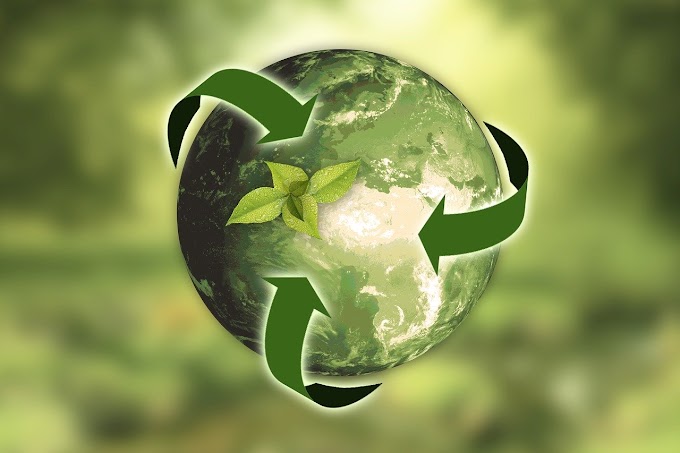Stressors for the Global
Textile Industry
By: Seshadri Ramkumar, Professor, Texas Tech University, USAh
(Atlanta, USA, July 20, 2023)—Low demand and overcapacity are putting stress on the global textile sector.
Rebalancing the supply and
demand situation, moving towards sustainability, and handling regulations are
some of the key themes that were discussed recently in the 3-day World of Wipes
conference in Atlanta, USA.
COVID-19 forced spunmelt
nonwovens and medical textiles industry to increase their capacity and build up
production. In the two-year period during COVID-19 meltblown production doubled
as well as spunlace products. Demand for single-use medical textiles dwindled
resulting in an overstock situation.
While inflation is expected to
have a soft landing, global demand for textiles is moderate to low. In India, the textile industry is forced to reduce its production. About 20% of knitted and
garment sectors in Tiruppur and Noida have stopped production. In the State of
Tamilnadu which is the number one state in producing cotton yarns, spinning
mills are facing a dire situation and are pleading with the Central and State
governments for temporary relief.
“There will be overcapacity of
wipes for the next three years,” stated Rahul Bansal, Global Head-Nonwovens,
Mumbai-based Birla Cellulose.
Inventory has to be repurposed
and new markets have to be explored. Citing Birla Cellulose’s efforts in
creating new partnerships across the supply chain, Bansal emphasized the
importance of collaboration. In April 2023, Birla Cellulose and Sparkle announced a partnership to develop viscose-based diaper products. “Co-creation is
the way forward,” stated Rahul Bansal.
While collective
representation to governments as undertaken by Coimbatore-based The Southern
India Mills’ Association is the need of the hour, the industry has to strategize in
terms of sustainable products, future market prospects, and competitive
advantage opportunities. Trade associations in developed nations such as the
Association of the Nonwoven Fabrics Industry-INDA and Brussels-based EDANA have
work cut out to work with the governments on behalf of the industry with regard
to the Single Use Plastic Directive, flushability issues, and other chemical
regulations.
Productivity enhancement at
the farm level in terms of cotton production in India, exploring new products
that are sustainable, and delivering products to consumers at affordable prices
are important areas that need attention.
Collaboration with all segments
of the industry and effective communication with consumers is the need of the
hour.
===========================================================
Dr. Seshadri Ramkumar, PhD, CText, FTI (UK), FTA [Honorary] (India), TAPPI Fellow (USA)
Professor, Nonwovens & Advanced Materials Laboratory
Texas Tech University, Lubbock, TX, USA
E-mail: s.ramkumar@ttu.edu






0 Comments